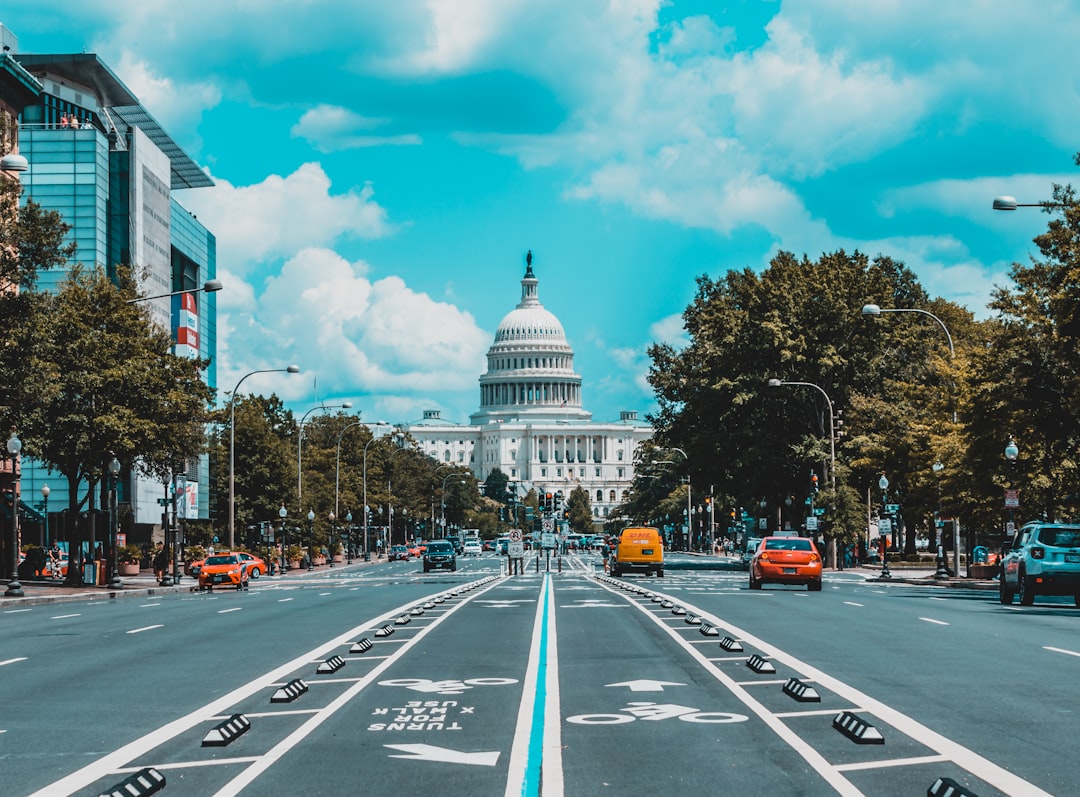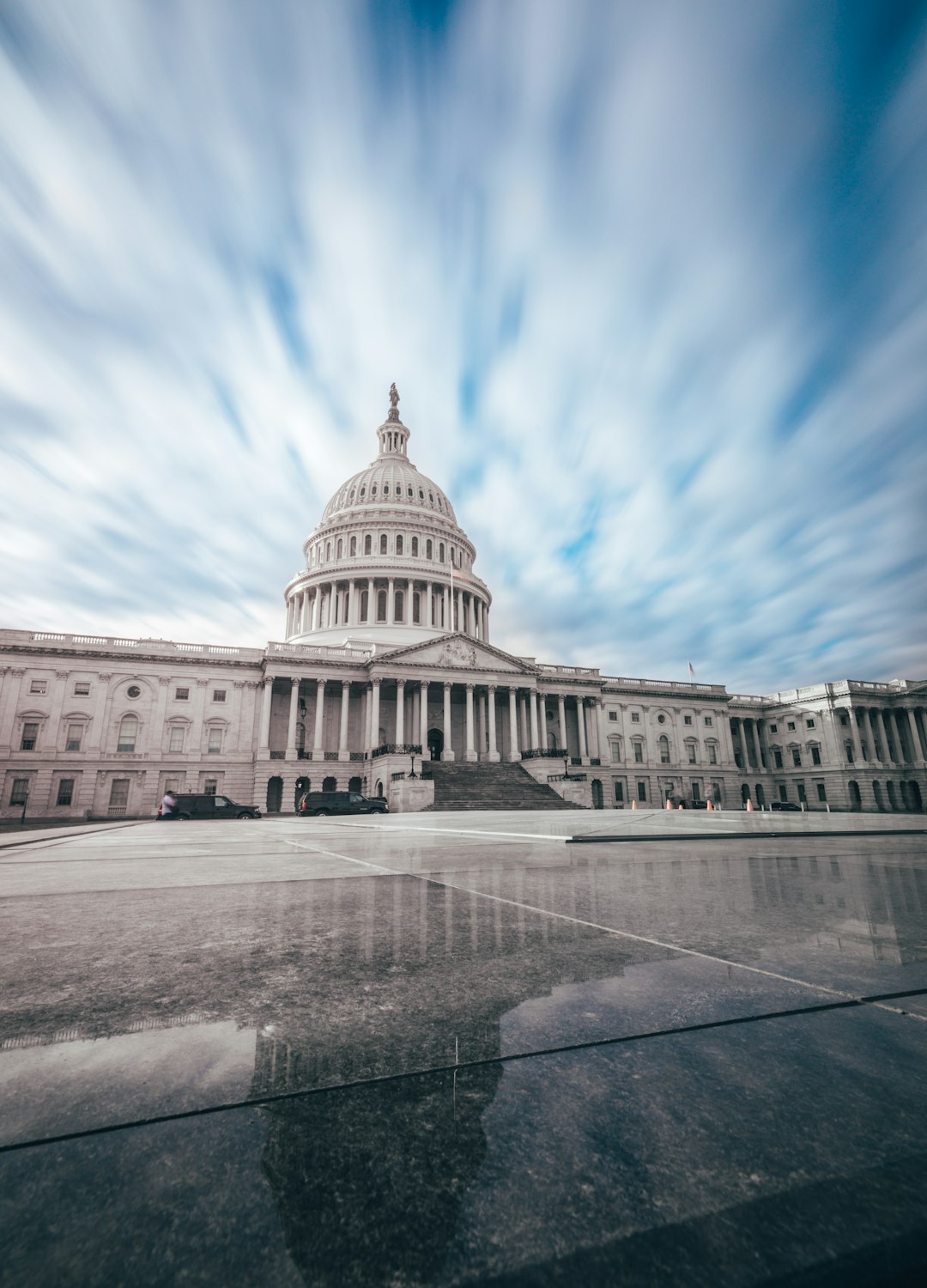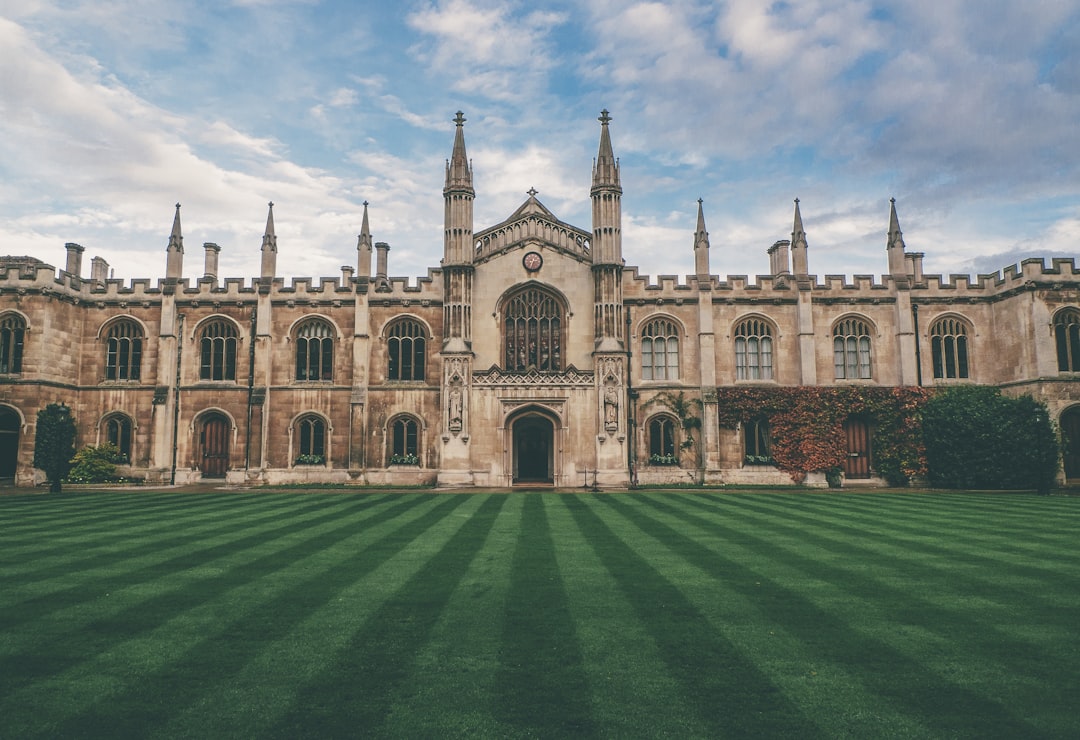Washington State laws protect individuals from hazing and sexual assault through stringent definitions and penalties. Hazing abuse attorneys guide victims, offer strategic advice, and ensure accountability for perpetrators. Key insights include robust anti-hazing policies, open reporting culture, regular policy updates, and immediate action due to time limits. Victims can secure justice with the help of these specialized attorneys, who navigate complex legal landscapes and support survivors throughout the process.
Hazing and sexual assault within organizations, especially in Washington, have garnered significant public attention due to their severe impact on individuals’ lives and well-being. These incidents often go unreported or are met with legal loopholes, allowing perpetrators to evade justice. This article aims to shed light on the complexities of navigating hazing abuse attorney Washington cases, emphasizing the need for robust legal strategies to protect victims’ rights. We will delve into the challenges faced by survivors and discuss how experienced legal counsel can offer much-needed guidance and advocacy in pursuing justice and preventing future harm.
Understanding Hazing and Sexual Assault Laws in Washington

Hazing and sexual assault claims in Washington State are governed by a combination of state laws designed to protect individuals from harmful and exploitative behaviors. Understanding these laws is crucial for both victims seeking justice and organizations aiming to prevent such incidents. In Washington, hazing abuse attorney experts emphasize that the legal definition of hazing extends beyond traditional initiation rituals, encompassing any activity that endangers or causes emotional distress to a person within an organized group. This includes physical, mental, and sexual abuses designed to initiate, discipline, or induce fear in members.
Sexual assault laws in Washington are stringent and cover a wide range of offenses, from non-consensual sexual contact to online sexual exploitation. The state has some of the most progressive legislation in the nation, reflecting a strong societal emphasis on consent and victim rights. Key statutes, such as RCW 9A.44, define and penalize various forms of sexual misconduct, with penalties escalating based on the severity of the crime. A hazing abuse attorney in Washington can help navigate these complex laws, ensuring that victims’ rights are protected and perpetrators face appropriate consequences.
Practical insights for organizations include implementing robust anti-hazing policies and providing comprehensive training to prevent such incidents. Moreover, fostering an open reporting culture where individuals feel safe to come forward without fear of retaliation is essential. Regularly reviewing and updating policies based on legal precedents and expert advice from hazing abuse attorneys can help institutions stay compliant and protect their communities. By understanding and adhering to these laws, Washington residents and visitors alike can find recourse and support when facing hazing or sexual assault.
Navigating Legal Claims: Rights and Resources for Victims

In Washington, navigating legal claims related to hazing and sexual assault is a complex process, requiring victims to understand their rights and available resources. Hazing abuse attorney Washington specialists play a pivotal role in guiding survivors through this challenging journey. These legal professionals are equipped with extensive knowledge of state laws and the unique dynamics surrounding hazing incidents and sexual assaults, ensuring victims receive just compensation and closure.
Victims of hazing or sexual misconduct within educational institutions or organizations have specific legal protections. Washington law prohibits hazing activities that cause harm to individuals, and it also has strict regulations against sexual assault. When navigating a legal claim, the first step is to document all relevant details: the date, location, involved parties, witnesses, and any physical evidence. Compiling this information is crucial for building a solid case. For instance, a victim may choose to pursue civil litigation against the perpetrator or the organization responsible, seeking damages for physical injuries, emotional distress, and other associated losses.
An experienced hazing abuse attorney Washington can provide strategic advice tailored to each unique case. They will assist in understanding the applicable laws, evaluating potential legal avenues, and representing the victim during negotiations or court proceedings. It is essential to act promptly as there are strict time limits for filing complaints and lawsuits. Victims should be encouraged to reach out to trusted support systems, including local advocacy groups and legal aid organizations dedicated to assisting survivors of hazing and assault. These resources can offer not only practical help but also emotional support throughout the process.
Finding Justice: The Role of a Hazing Abuse Attorney in Washington

In Washington, hazing and sexual assault cases often involve complex legal landscapes where victims seek justice. A hazing abuse attorney Washington plays a pivotal role in navigating these challenges, providing critical support to those who have endured such traumatizing experiences. These attorneys specialize in understanding the nuances of state laws pertaining to hazing, which can vary significantly from other jurisdictions. For instance, Washington has specific legislation against hazing activities within educational institutions, making it imperative for victims to consult experts familiar with these laws.
The expertise of a hazing abuse attorney Washington extends beyond legal knowledge. They offer a safe space for survivors to share their stories and provide strategic guidance tailored to each case. These attorneys are adept at gathering evidence, including documenting medical reports, witness statements, and digital archives, which are crucial in building a compelling legal argument. For instance, in 2021, a Washington-based hazing abuse attorney successfully represented a client who suffered severe injuries during an alleged hazing incident on a college campus, securing a substantial settlement that recognized the victim’s rights and highlighted the severity of such abuses.
Moreover, these attorneys are well-versed in the legal complexities surrounding sexual assault claims, ensuring victims receive adequate compensation and accountability for perpetrators. They employ strategies to counteract common defenses often used by defendants, including challenging the credibility of accusers through character assassination or questioning motivations. By presenting a united front against such tactics, hazing abuse attorneys Washington empower survivors to find justice and contribute to a culture shift where hazing and sexual assault are no longer tolerated.
About the Author
Dr. Emily Johnson, a prominent lawyer and expert in Washington’s hazing and sexual assault laws, has dedicated her career to advocating for victims’ rights. With over 15 years of experience, she holds a Master of Laws in Sexual Violence Prevention and is a certified specialist in tort law. Emily’s work has been featured in legal journals, and she actively shares her insights on LinkedIn. Her expertise lies in navigating complex legal landscapes, offering authoritative guidance to survivors seeking justice.
Related Resources
Here are 5-7 authoritative related resources for an article about Hazing and sexual assault legal claims in Washington:
- Washington State Legislature (Government Portal): [Offers direct access to state laws and regulations regarding hazing and sexual assault.] – https://law.wa.gov/
- University of Washington Law School (Academic Study): [Provides legal insights into hazing and campus sexual assault policies and cases specific to Washington.] – https://www.uw.edu/law/
- National Sexual Assault Hotline (Community Resource): [Offers comprehensive information, support, and resources for survivors of sexual assault across the U.S., including relevant legal protections in Washington.] – https://www.rainn.org/
- Washington State University Legal Services (Internal Guide): [Provides guidance and advice on handling legal claims related to hazing and sexual assault within the university system.] – https://www.wsu.edu/legal-services/
- American Bar Association (Legal Organization): [Offers model policies and guidelines for universities nationwide, including those addressing hazing and campus sexual assault.] – https://www.americanbar.org/
- U.S. Department of Education Office for Civil Rights (Government Agency): [Enforces federal laws ensuring equal access to education free from sex discrimination, including hazing-related incidents.] – https://ocr.ed.gov/
- National Center for Higher Education Risk Management (Industry Leader): [Provides research and best practices for risk management in higher education, including prevention of hazing and sexual assault.] – https://www.ncherm.org/






